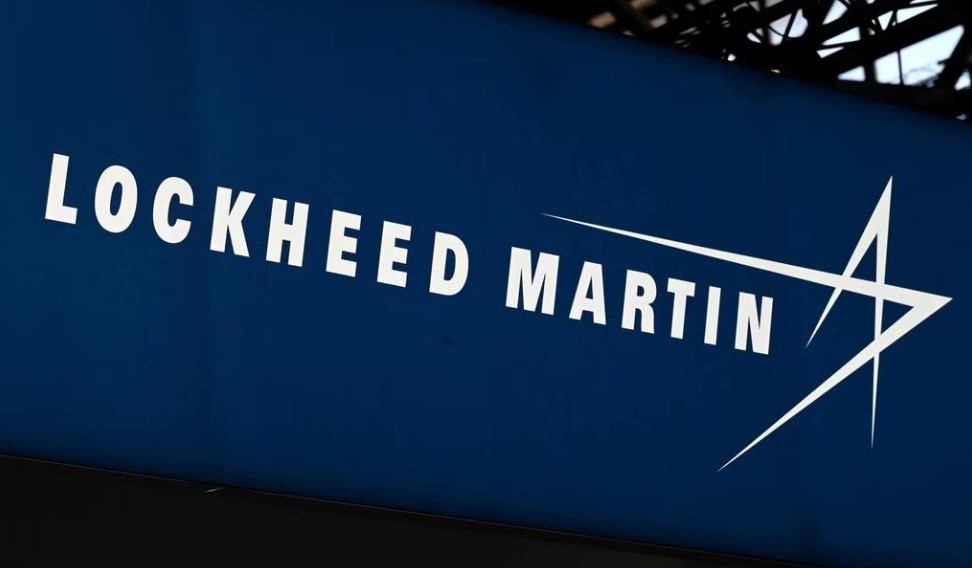Beijing has taken punitive measures against two American companies due to their involvement in arms sales to Taiwan and has issued a stern warning of potential strong retaliation if the United States continues military deals with the island. The Chinese foreign ministry, without specifying the nature of the actions it might undertake, revealed on Friday that these sanctions apply to Northrop Grumman and a Lockheed Martin unit.
Mao Ning, a spokesperson for the ministry, highlighted that Lockheed Martin’s St. Louis, Missouri branch played a pivotal role as the primary contractor in a recent US arms sale to Taipei on August 24. Meanwhile, Northrop Grumman, headquartered in Falls Church, Virginia, has been engaged in supplying weaponry to Taiwan on multiple occasions.
Mao emphasized that despite China’s unwavering opposition, Washington persists in the concerning path of arming Taiwan. She urged the United States to cease arms sales to Taiwan, halt military cooperation with the island, and refrain from further arming it, cautioning that failure to do so would trigger a resolute and forceful response from China.
Three weeks ago, the US State Department had disclosed its approval of a substantial arms sale involving advanced sensor systems by Lockheed Martin for F-16 fighter jets to Taiwan. Prior to this, Lockheed Martin, alongside Raytheon Missiles and Defense, had already been blacklisted by China’s Commerce Ministry over Taiwan-related arms sales. Consequently, Chinese companies were prohibited from conducting business with these American firms, and senior executives of Lockheed Martin or Raytheon Missiles and Defense were barred from traveling to or working in China.
Taiwan, a self-governed island, has become a major source of tension between the two superpowers. Beijing views Taiwan as a renegade province, which it aims to reunify with the mainland, even if it requires the use of force. Mao asserted that US arms sales to Taiwan flagrantly contravene the One-China principle and severely undermine China’s sovereignty and security interests. She reaffirmed China’s unwavering determination to safeguard its national sovereignty and territorial integrity.
However, President Joe Biden recently suggested that the economic slowdown in mainland China could potentially reduce the likelihood of a Taiwan invasion, stating that he does not believe China is currently inclined to invade Taiwan. Beijing responded by reiterating that the Taiwan issue is a matter solely for the Chinese to address.
In addition to the arms sale, the Biden administration informed the US Congress last month of its approval of the first-ever US military aid, totaling $80 million, to Taiwan under a program typically reserved for assistance to sovereign, independent states. Furthermore, there are reports that the US government is considering reallocating millions of dollars in military financing from Egypt to Taiwan.
(Source: Bloomberg News | Orange Wang | South China Morning Post}









